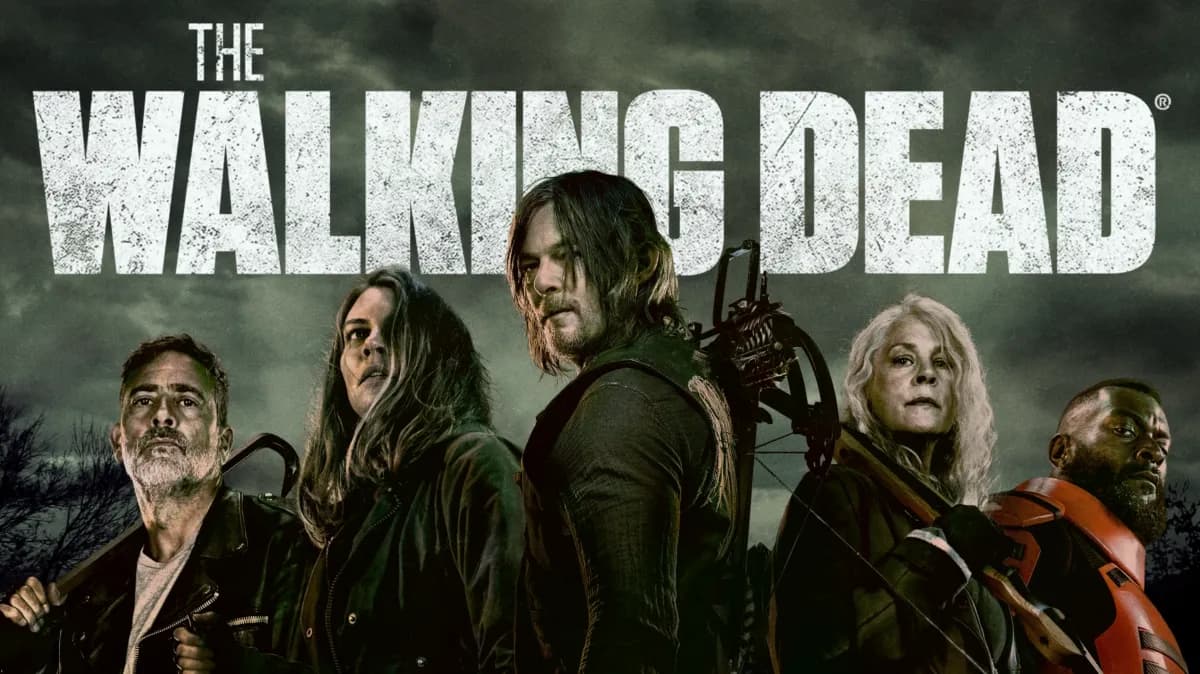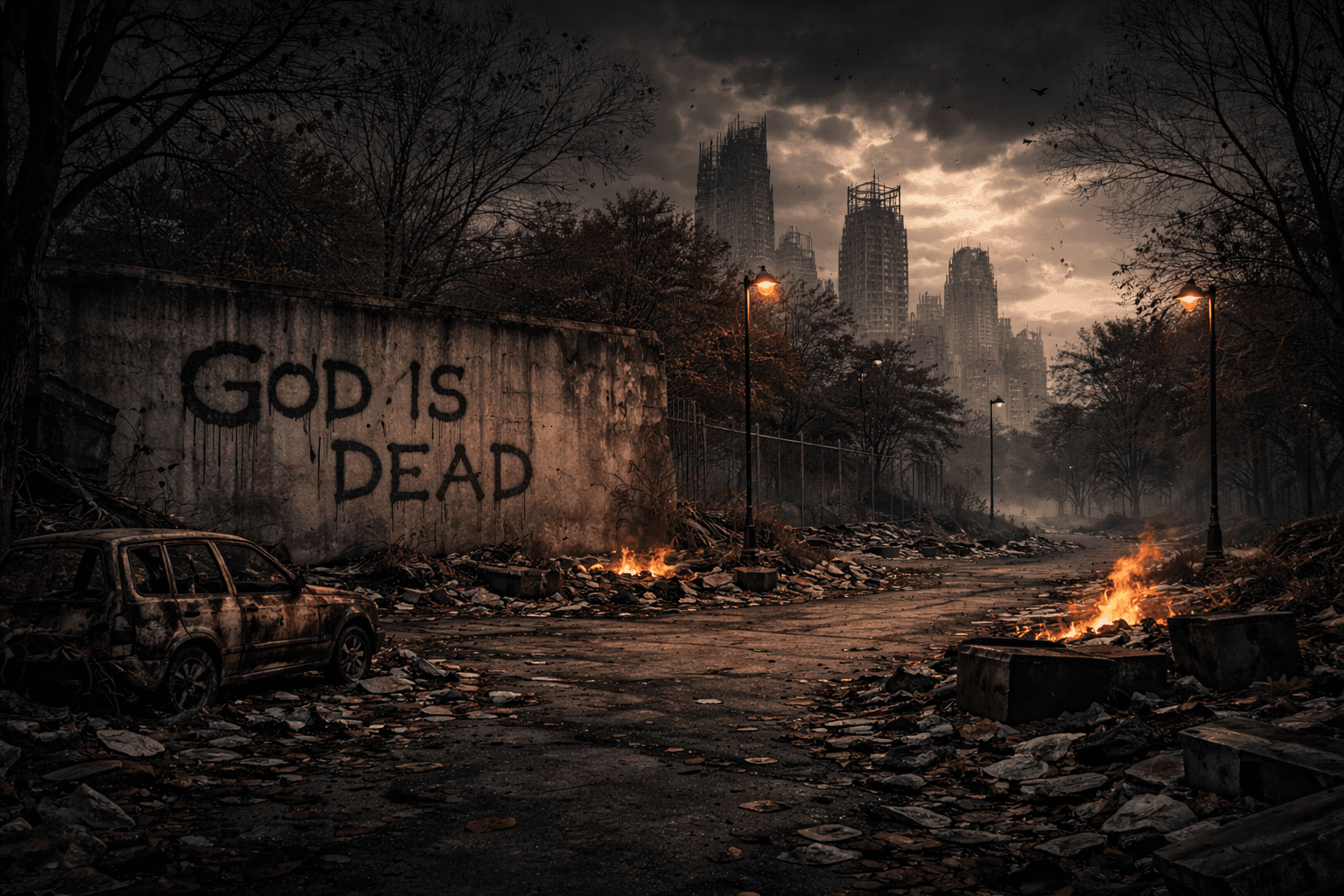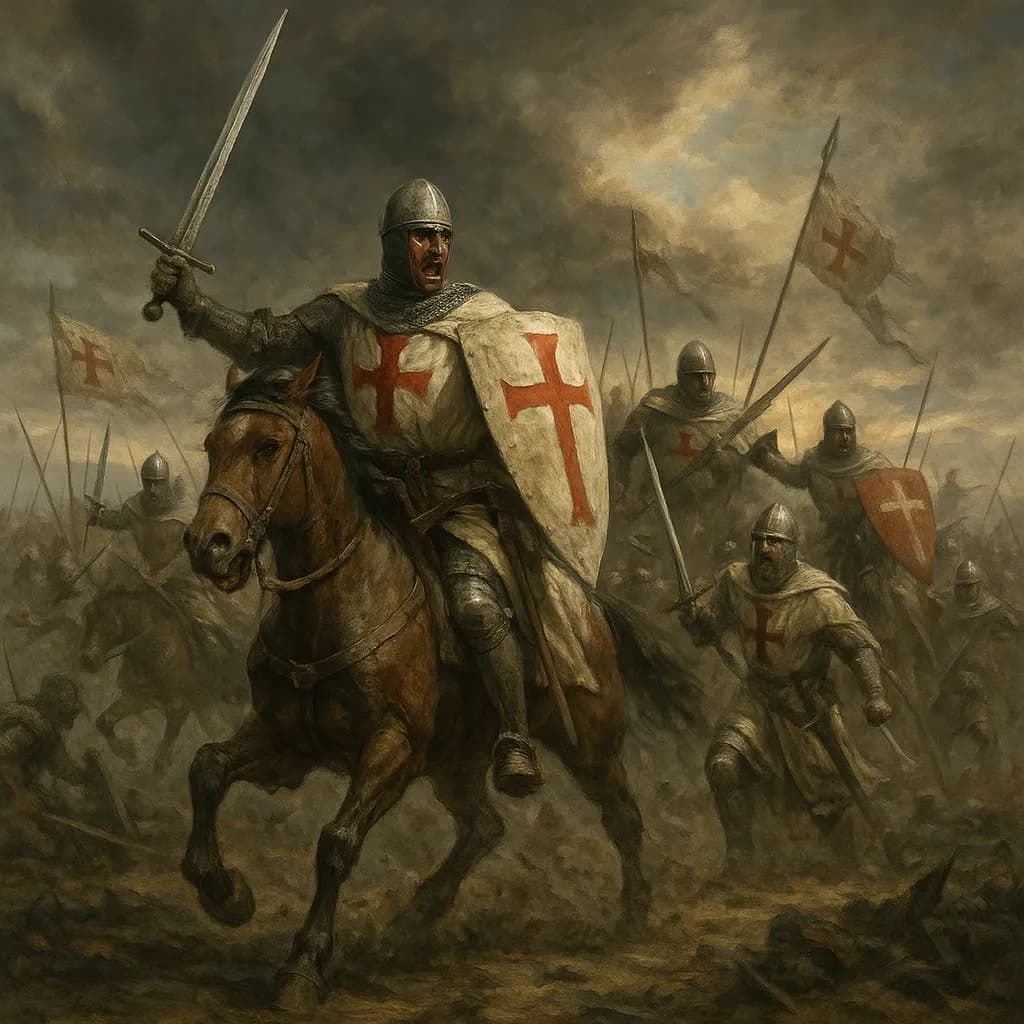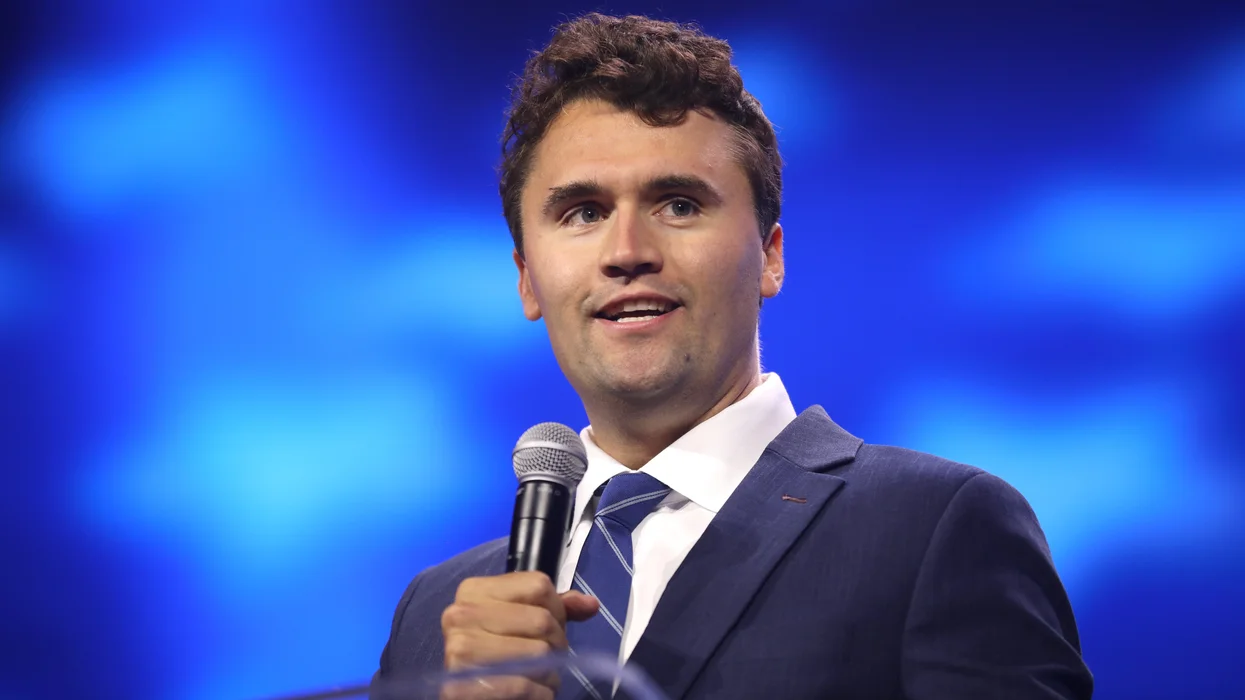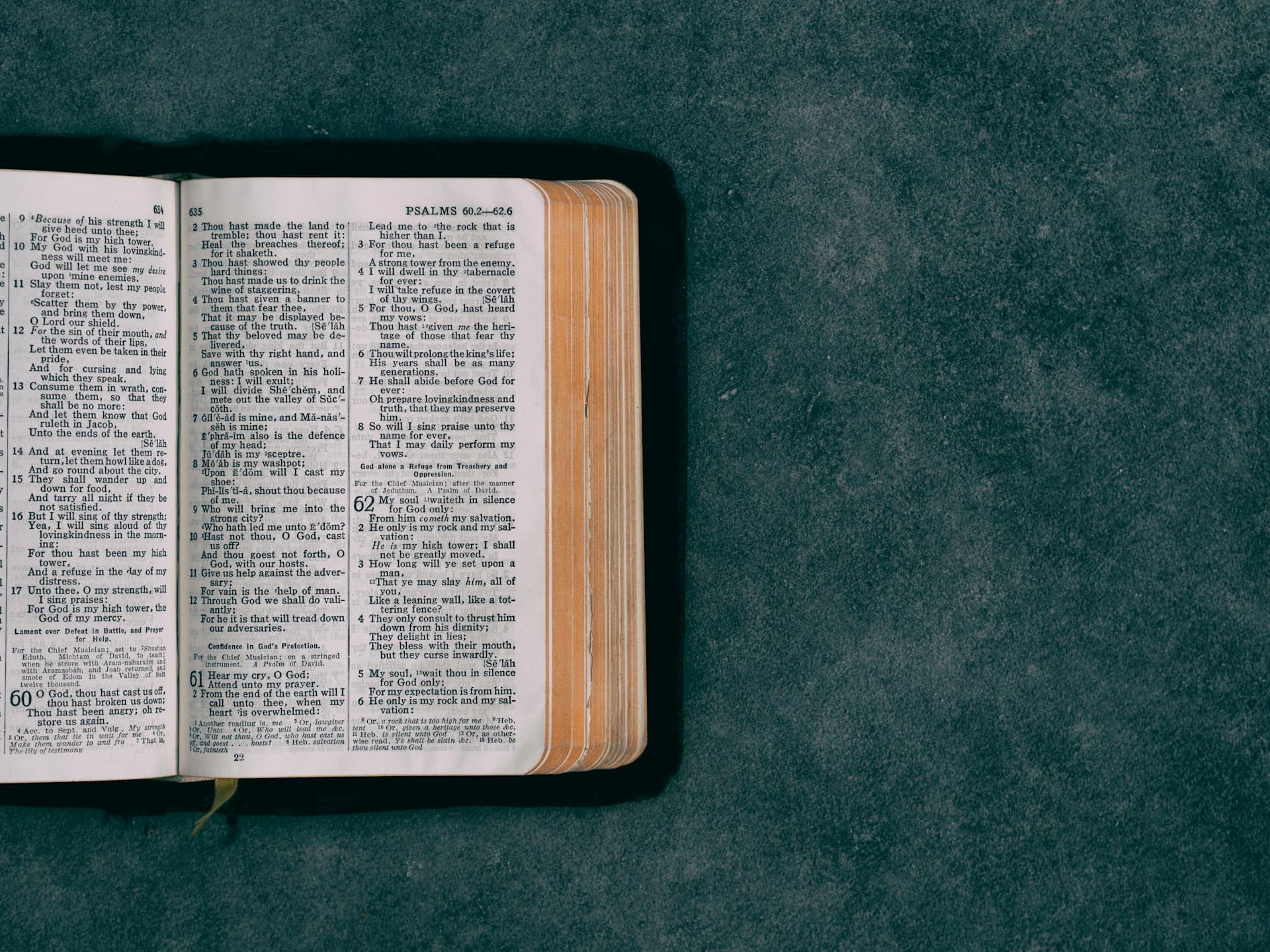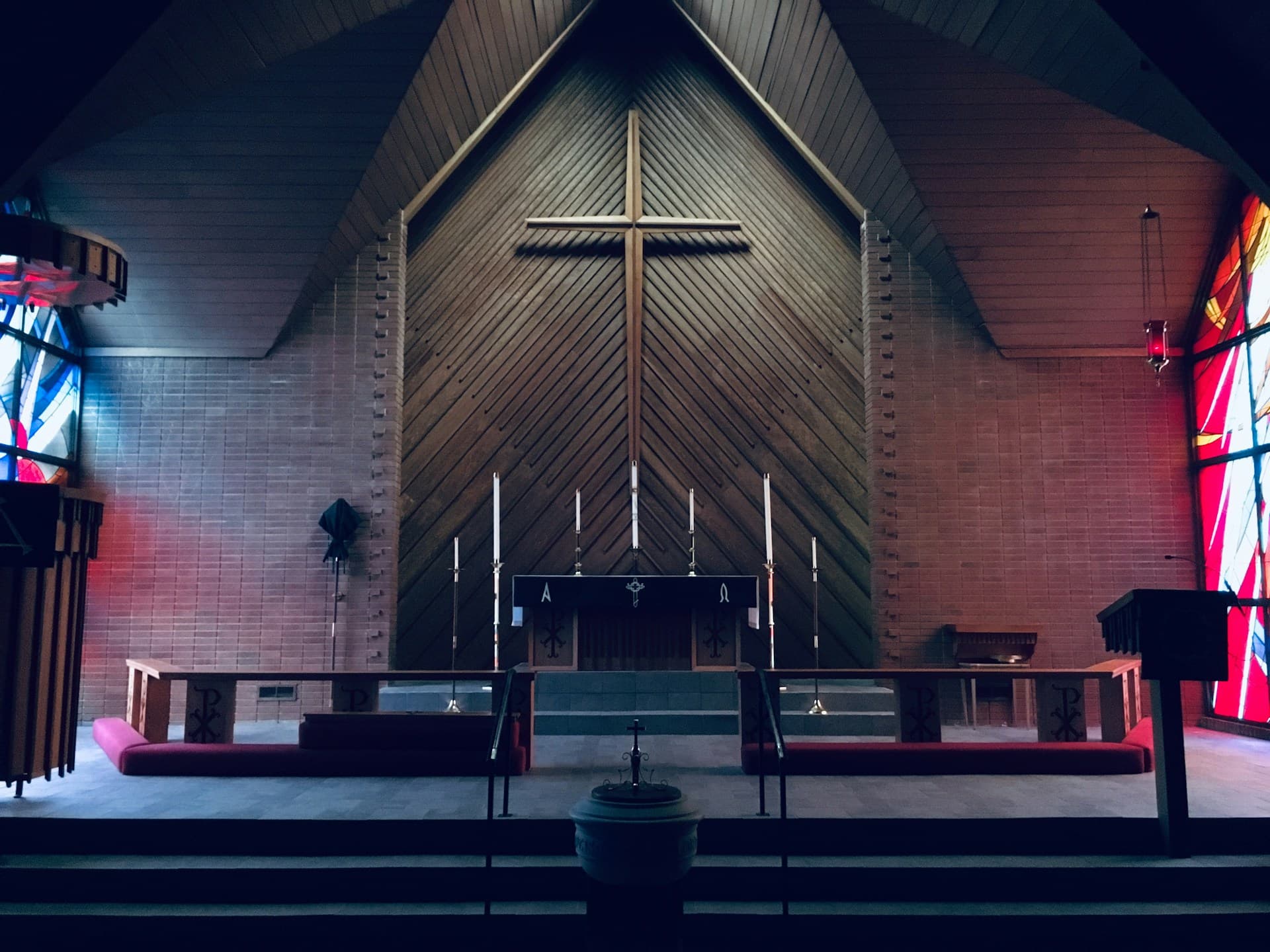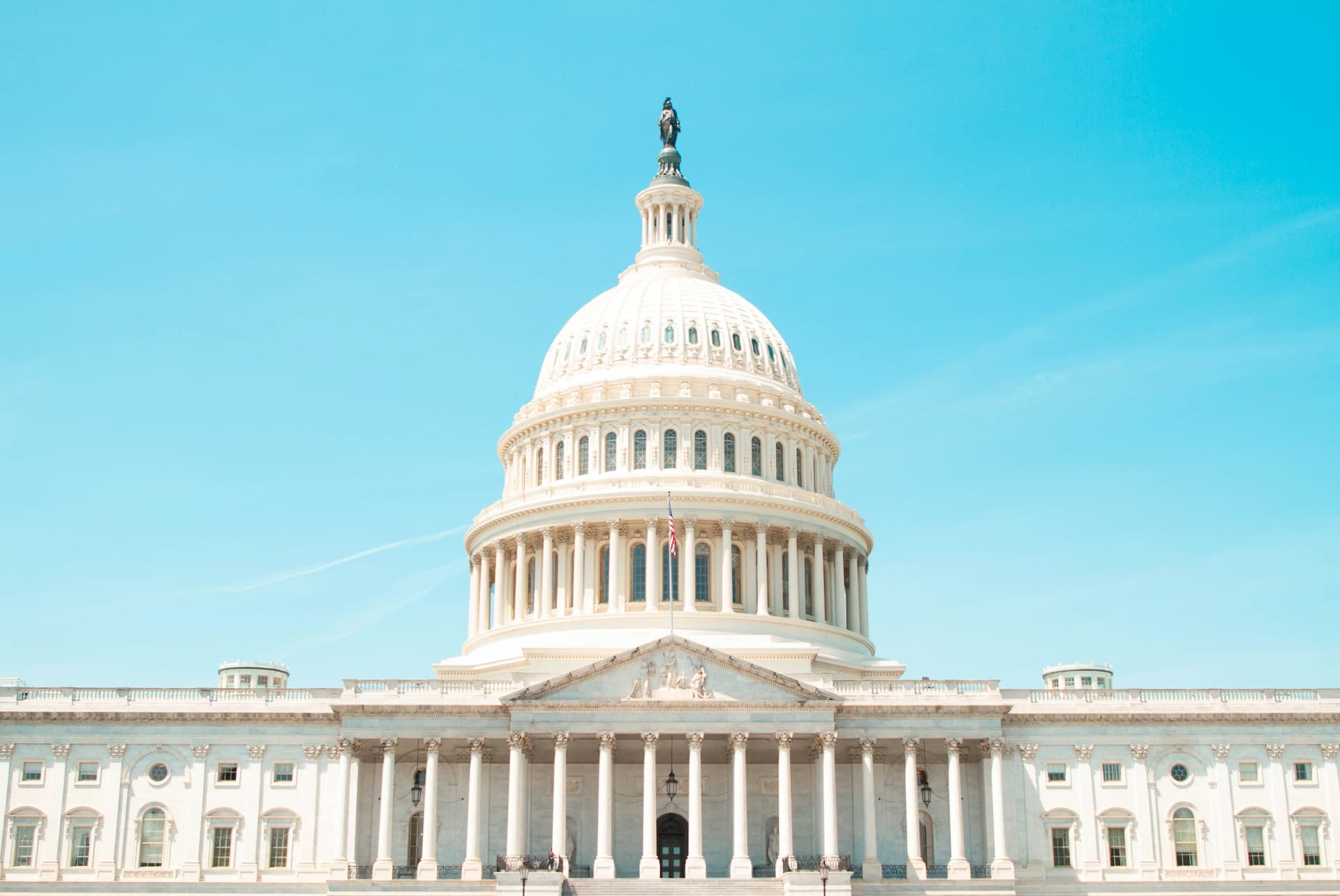Feb 12, 2026, 4:00 AM|theology and film
A legendary television series, The Walking Dead, was far more than a conventional post-apocalyptic survival narrative situated within the familiar conventions of the zombie genre. Rather, it functioned as a paradigm and simulacrum of tragic, agonizing reality, exposing the eschatological fragility of late modern civilization and dramatizing the impending collapse of civilization. What appears as popular entertainment reveals itself, upon closer examination, as a theological-political allegory of the contemporary world.
Feb 5, 2026, 4:00 AM|theology
Radical political theology stands with Radical Orthodoxy in the assertion that the theological capitulation to modernity, which originated most clearly in liberal Protestantism, has hollowed out the Church’s capacity to speak prophetically to culture. John Milbank captures this diagnosis with stark clarity: “Secular modernity is the creation of a perverse theology.”[1] In his reading, liberal theology did not merely accommodate modernity’s categories; it provided the theological scaffolding upon which secular culture was constructed. Rather than challenging the epistemological and moral assumptions of the Enlightenment, liberal theology baptized them, thereby facilitating the displacement of divine revelation with human-centered reason and sentiment.
Jan 17, 2025, 4:00 AM|religion & politics
Christianity cannot be separated from its Jewish roots; rather, it is the fulfillment of a distinctly Jewish story. The Christian faith is grounded in the covenant God made with Israel, beginning with Abraham and unfolding through the Law, the prophets, and the worshiping life of Israel. Jesus himself was a Jew, born under the Jewish Law, formed by synagogue worship, and understood by his earliest followers as the Jewish Messiah. The very title ‘Christ’ (Messiah) has meaning only within Jewish messianic expectations, and the Christian claim about Jesus presupposes the reality of Israel’s covenantal history.
Nov 2, 2025, 2:00 AM|religion & politics
My new Book: "Towards the Radical Political Theology" is now available on Amazon. Here is the free sample.
Sep 17, 2025, 1:00 AM|religion & politics
The most recent and perhaps most disturbing event that has shocked the nation is the political assassination of conservative pundit and activist Charlie Kirk. Kirk was shot during a debate at Utah Valley University, the opening event of a planned debate cycle across American campuses in which he engaged students on religious, economic, and political issues. While addressing the pressing topic of transgender violence, he was struck down by a single sniper’s bullet fired from 200 yards away. The perpetrator, Tyler Robinson, a 22-year-old student from Utah, has since been apprehended. Robinson, however, did not act in a vacuum. He was radicalized through exposure to far-left ideology and emboldened by defamatory narratives in the “progressive” ideology, which repeatedly portrayed Kirk as a Nazi, racist, and bigot. Significantly, Robinson’s path toward extremism unfolded in spite of his conservative upbringing—a fact that underscores the pervasive and corrosive power of ideological indoctrination.
Sep 2, 2025, 7:00 AM|religion & politics
One would ask what is radical and what is political in radical political theology? Three decades ago, Milbank published his theological masterpiece in which he reclaimed the theology back to the tradition of the Church, back to its historical roots, where it belongs. Milbank famously wrote: “Once, there was no ‘secular’”, where I might add, once there was no identity politics, virtue signaling, or progressive Christianity (because otherwise Christianity would not persist). What was considered radical in Milbank's theological process was the return to original theological sources as a hermeneutical key for discerning society, culture, and politics. I’m using the term in a similar sense, which is pleonastic since theology in its foundations is radical and conservative.
Aug 8, 2024, 9:00 PM|religion & politics
Christian Nationalism is a term coined and often used by far-left or left-leaning sociologists and political scientists to discredit, label, and denounce policies or ideas that aim to interpret our political reality from a perspective of Christian tradition and exercise it within the constitutional limits. It is a derogatory term often used to generalize and categorize Conservative Christianity as inherently biased, bigoted, racist, intolerant, theocratic, ideological, and ultimately totalitarian.
Jun 3, 2022, 2:00 AM|religion & politics
Sometimes, cultures, religions, and ethnicities that shared the same space for centuries become fierce rivals, forcing their irreconcilable differences to develop to such an extent that they see war as the only option. The Balkans have had their share of conflicts, destruction, and atrocities, leaving scars too deep to heal. The question is: have they seen the end of it, or will the frozen conflict lurking beneath the fragile peace unleash its deadly force again?
May 13, 2025, 7:25 PM|religion & politics
One of the undeniable facts of the modern era is that education is the key to the past, the present, and the future. In the aftermath of apartheid and the quest for freedom from racial segregation, Nelson Mandela spoke the truth when he said: "Education is the most powerful weapon which you can use to change the world."
Mar 3, 2023, 5:00 PM|religion & politics
Can theological discourse develop unhindered by the political and social context in which it evolves? Is there a contextual theology in the Western Balkans as an anamnestic critical interdisciplinary discourse that aims to examine the conflict’s causes and consequences, explaining them theologically, contributing to the efforts of overcoming similar conflicts in the future? How important is it for the memory to be represented within the theological discourse in Western Balkans, burdened with history and violent clashes?
Jul 3, 2024, 7:00 AM|religion & politics
Dostoevsky's genius reaches its pinnacle in the poem of the Grand Inquisitor. This ecstatic and prophetic moment of socio-political analysis of the saeculum obscurum of the Roman Catholic Church dramatically polarizes the unadulterated Christianity represented by the prisoner Jesus—an illustration of the marginalized, disenfranchised, and enslaved human being—against the institution of power, embodied by the authoritarian theocratic dictatorship and the politicization of religion in the person of the Grand Inquisitor.
Aug 3, 2020, 7:00 AM|religion & politics
My entire theological opus was devoted to deconstructing the political authoritarianism, populism, false victimological narratives, nationalism, power dynamics, and Anti-Western / Anti-American sentiment in the Western Balkans, predominantly Serbia. Living here, I found myself eye-to-eye with an emerging threat of radical left authoritarianism dangerously lurking behind state policies and what’s called modern American progressivism, a euphemism for the radical-left political agenda. It was a shocking and sobering moment that requires no less than a radical shift in theological reflection. I decided to entitle such a dialectical approach as a Radical Political Theology.
Jan 1, 2024, 6:00 PM|religion & politics
A common stereotype perceives a politician as a person with low moral standards, inclined to political bargaining to keep their election seat. We often hear remarks on politics as depraved, dishonest, and corrupt. However, some honest people keep their promises and hold on to their moral values.
